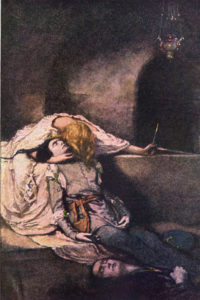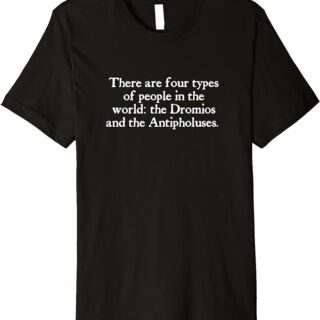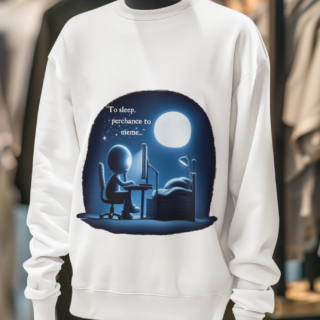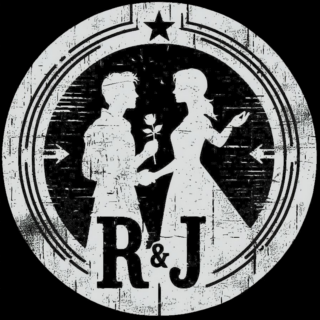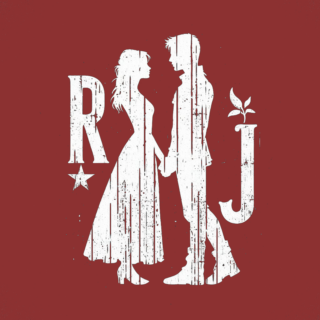So today, Kerry and I drove 100 miles (each way!) to go see a performance of King Lear.
I’d never seen an actual production of the play – I’ve certainly read it and read about it, and in college, I had a movie version that I honestly can’t remember watching through to completion. But to repeat a phrase I found myself saying to friends and coworkers for the past month, “But it’s King Lear for God’s sake!” How could I miss that?
Having never seen a production before, I have no frame of reference to really explain what I saw. The King was portrayed as very….frail? Downright skeletal, really. A very gaunt old man. Trembled quite badly. I’m not sure that’s what I expected. I thought that there would be flashes of a true king (particularly when he was angry), but really, he was pretty much a very old and weak man from the very first scene. When he did get angry, it was more or less “indignant”, if that makes sense.
Let me put it as a question. The famous quote, “Blow, winds, and crack your cheeks!”…how is it typically portrayed? I always thought such a line would be strong, forceful, and defiant. What I got was….well, bargaining. “Go ahead and blow, wind. Nice wind.” That sort of thing. I was much more impressed with the acting of Gloucester, Burgundy, Kent, and Edgar. Those four, in particular, were not afraid to put a little energy (and volume!) into their performance. You knew when they were angry or sad. The actor doing Edgar, I thought, did a particularly fine job of conveying emotion via facial expressions.
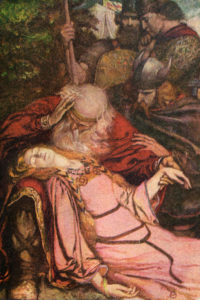
At over 3 hours, it was longer than I expected, but maybe that’s my fault. I think the audience was a little desperate for a laugh – during the very final scene when Edgar announces that Edmund is dead and Burgundy says, “That is a mere trifle to us now” (or something similar to that), that was actually one of the bigger laughs of the night. During the final scene of a great Shakespearean tragedy. Hmmmm. I was trying to listen closely to Lear’s last words. Nobody was making much of an effort to project to the back row, so when he whispered, you practically had to read his lips. I was watching for references to a feather but heard none. I did hear “Look on her, look, her lips, look there!” and I could swear one of the lines was “Her lips move”, but that’s not in my copy of the script so I’m not sure if I heard it wrong.
Somebody tell me – does Lear die thinking that Cordelia is still alive, or merely wishing that she were? Or is that dependent on how the last line is played? I know that Rosenbaum had much to say on the different versions, but I don’t have the time right now to dig through that audio interview to find the actual comments (and my book is not at hand). All in all I’m glad I saw the play, because now I have a baseline from which to look at other Lears.

